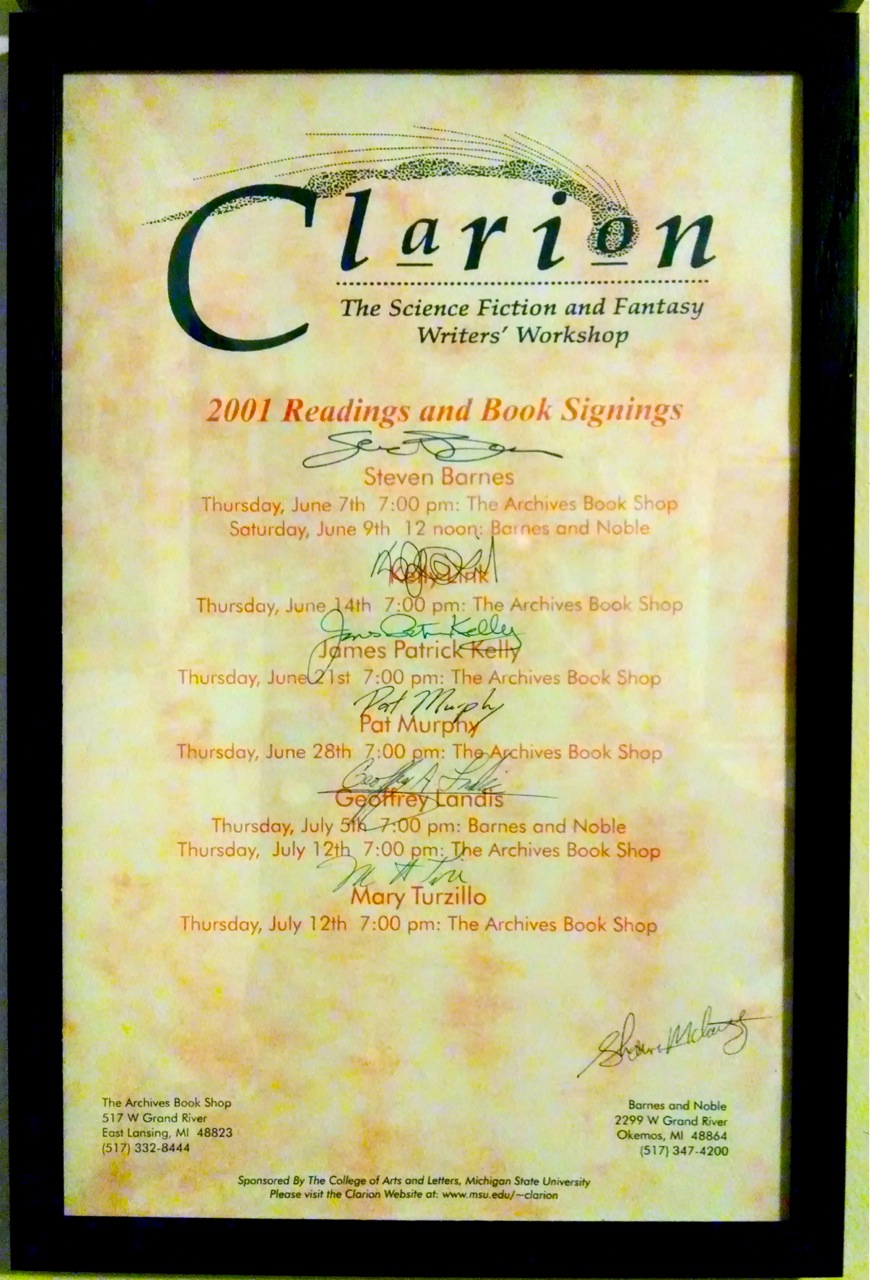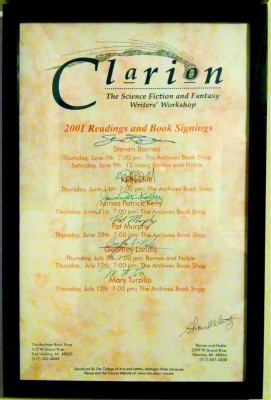One reason I haven’t been more productive these past two years is that I’ve let my fitness activities consume the morning hours that are my prime writing time. I know that, and I want to free that time up for writing, but I’m loath to give up my taiji, because of the way it has been almost miraculous in changing my body for the better.
Five years ago I was starting to feel old. I could still do all the ordinary stuff I needed to do every day, but my spare capacity was shrinking. My balance and flexibility and strength and endurance were all less than they had been—and only just barely good enough. Any unusual stress, such as carrying something heavy up or down stairs, or moving across rough or shifting terrain, seemed dangerous. I had trouble getting a full night’s sleep, because my back would ache after lying still for a few hours.
Taiji (together with lifting) turned that completely around. I feel better than I’ve felt in years. I really don’t want to give that up.
The problem is, I’ve been devoting a huge chunk of each morning to the lifting and the taiji class, and morning is by far my most productive time to write.
Fortunately, I think I’ve figured out a way to deal with that. The key—and I’ve known this for a long time—is to start my writing first. Once I’ve had a solid writing session, taking a break for some exercise is perfect. After that, I can get back to writing. (Whereas I’ve found it very hard to start writing after a long morning of exercise.)
The way we’d been doing it, we’d do our lifting before taiji. We briefly experimented with doing the lifting after taiji, but I found that hurt my knees. (My theory is that the taiji tired out the small muscles that stabilize my knees, making them just a little too wobbly for heavy lifting.) This has been great for actually doing the lifting, but has meant an awfully early start to the day—too early to fit in writing first.
So, during the last week of December and the first two weeks of January, while the taiji class is on break, I’m experimenting with a new daily routine. I’m still tweaking it, but as currently sketched out, it looks like this:
- At 7:00, right after breakfast, I sit down to write fiction, and work for 90 minutes.
- At 8:30 I take a break and spend the hour from 9:00 to 10:00 engaging in some fitness activity: lifting or taiji. (Once the class resumes, I’ll do the class on days that it meets, and lift on the other days.)
- Back home by 10:30, I write fiction for another 90 minutes, then break for lunch at noon.
- After lunch I get back outside and walk again. Lately I’ve been using this time to play Ingress, but in the summer I may just walk, go for a run, or whatever.
- In the mid-to-late afternoon, I may do a bit more work on some writing-related activity: Writing non-fiction (such as a Wise Bread post), revising stories, submitting stuff to editors, critiquing work for the Incognitos, etc.
I’m trying to be a bit more careful about social media, because of how easy it is to fritter away a whole morning reading stuff my friends have found interesting, without abandoning it. Right now I’m checking social media briefly before breakfast, then staying away from it until after lunch, then pretty much allowing unlimited checking in the afternoons.
I’ve been doing this for more than a week now (with the modification that on Saturday and Sunday I just do one fiction-writing session, rather than two). It’s going great so far—I’ve gotten several thousand words written on my novel.
I’ll keep you posted.
[The core of this post was originally written as part of my year-end summary of my writing. However, not being about my writing in 2013, it didn’t belong there, so I’ve pulled it out and made it a post of its own.]


